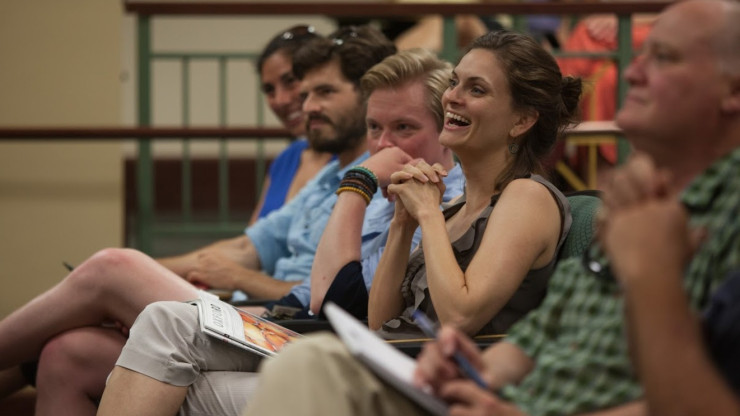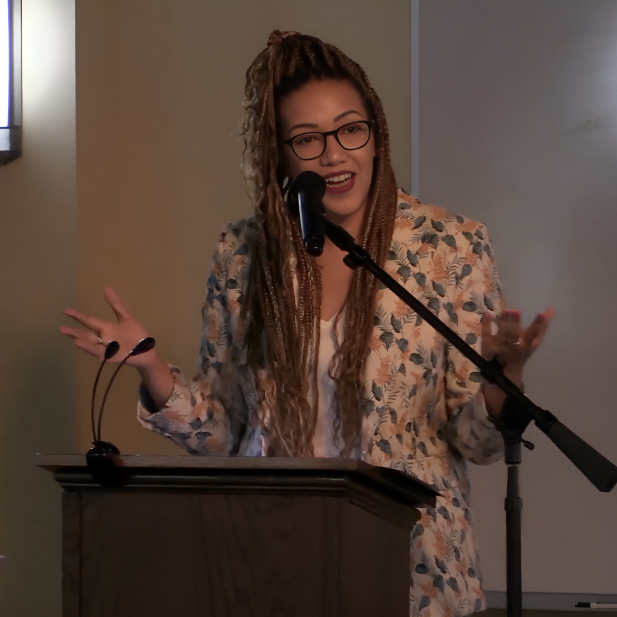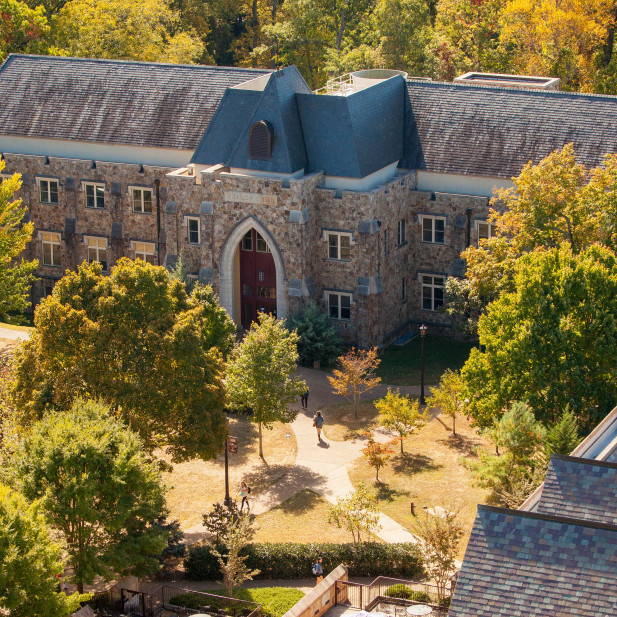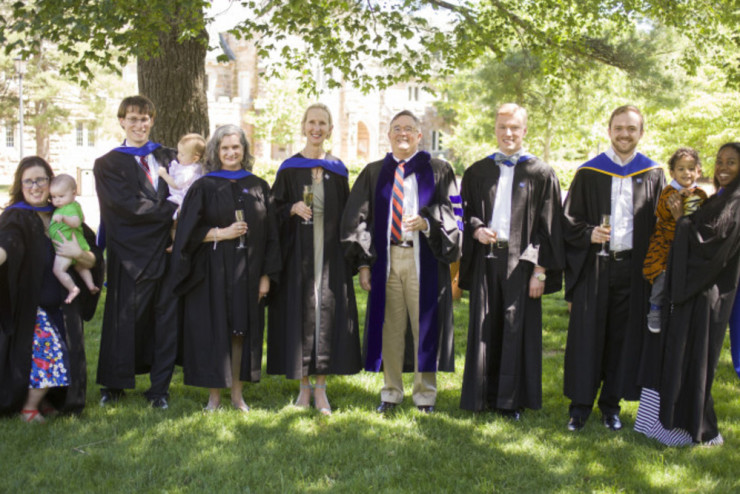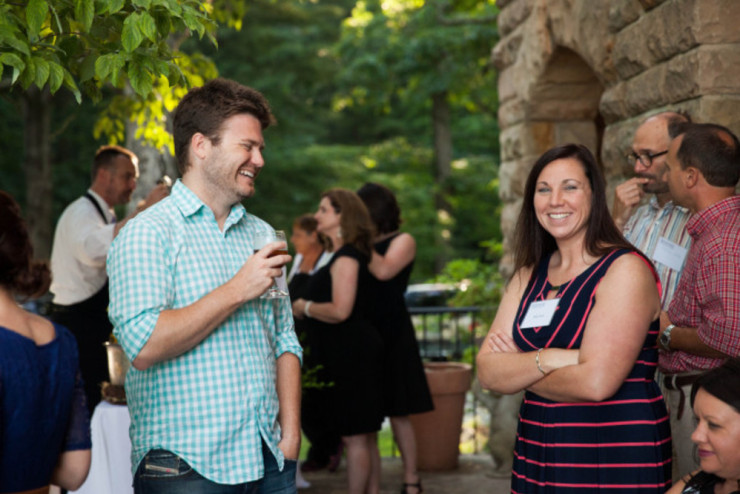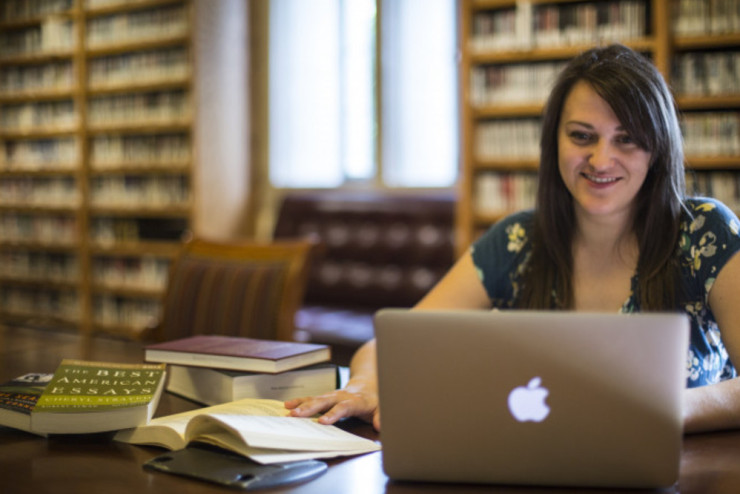The School of Letters is a summers-focused MFA in creative writing in Sewanee, Tennessee, home to a long-standing literary tradition. Our students come from different backgrounds, locations, and professions, but they all have one thing in common—a desire to be a part of a community of writers.
For six weeks every summer, our students and faculty work and live on our mountaintop campus, immersing themselves in writing and literature. Classes and workshops are both intimate and rigorous, with a supportive and friendly atmosphere. Our weekly reading series features guest authors, faculty, publishers, and students to provide further opportunities outside of the classroom. At the end of the term, students return home energized from the work they've done, and many choose to take guided studies with our faculty in the fall and spring semesters.
It's time to find your community at Sewanee. We can't wait to meet you.

